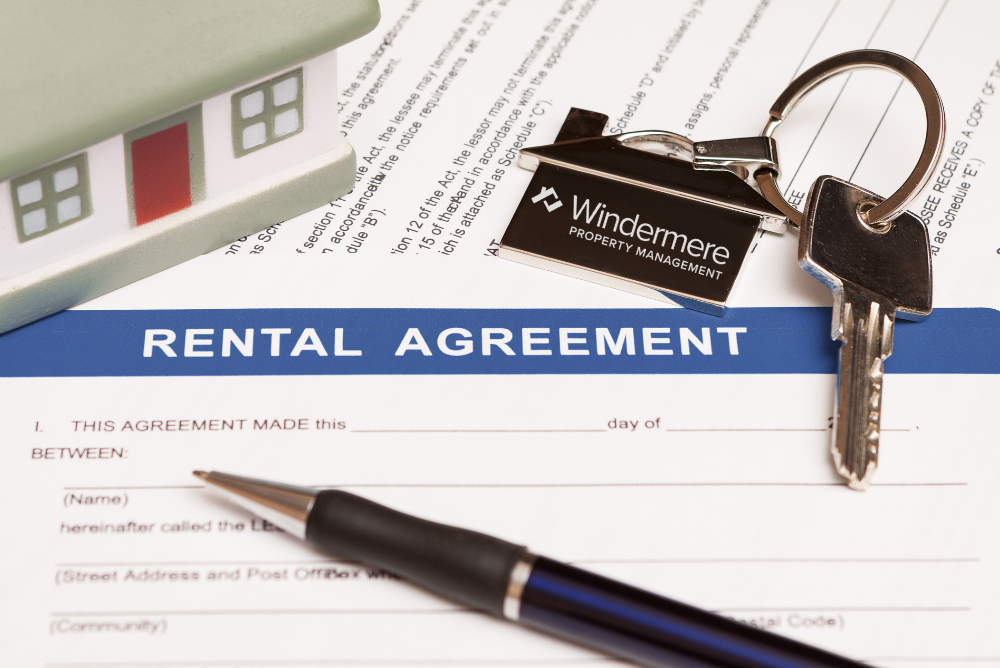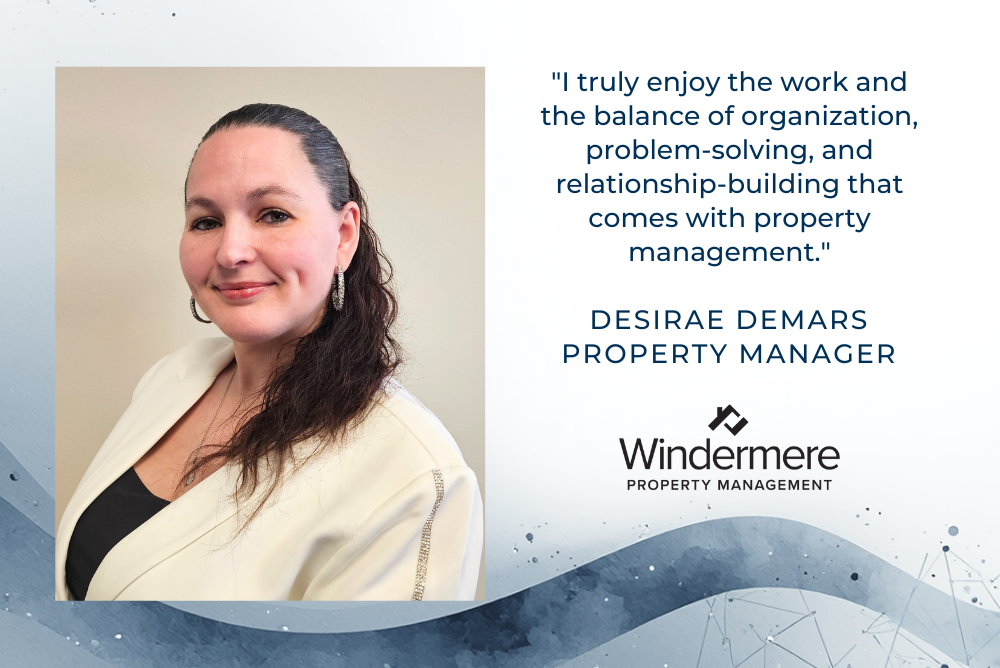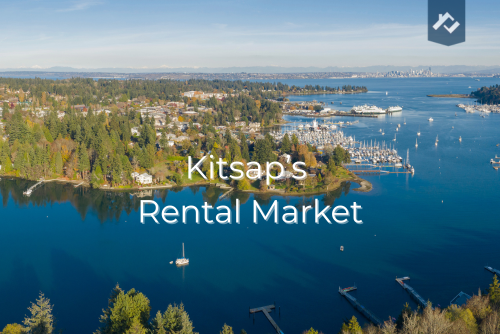How to Be a Successful Long-distance Landlord: 5 Tips

Thinking of marketing your home as a short-term rental or needing to move away and rent it out long-term? There are some important steps to take when becoming a long-distance landlord. While managing a property may seem straightforward, it may be more complex than you realize. All of the important details are magnified when you’re managing from another state or country.
1. Establish and Maintain a Strong Network
Having a strong network of local vendors makes a huge difference. If you don’t have connections with great repair workers, home inspectors, cleaning and maintenance crews, painters, attorneys, and more – now’s the time to expand your sphere. Ask friends who they’ve hired. Attend real estate events. These excellent professionals will be vital to maintaining your property while you’re away, especially if you’re planning to permanently reside far from your rental home. You’ll want the peace of mind that, when there’s a leak, a maintenance request, or something breaks, you’ll know exactly who to call —and they’ll be prompt and efficient.
2. Focus on Your Rental Lease Agreement
Crafting a solid rental lease agreement is crucial for success as a long-distance landlord. Your lease should be comprehensive, specific, and legally sound. It’s best to consult an attorney who knows all about regional laws and regulations. Your lease should outline payment due dates, late fee policies, and responsibilities like property maintenance. Also, it should include information about damage assessments, pet policies, and any other relevant clauses specific to your property. By taking these steps, you’ll protect your investment and set the tone for transparent communication. This is important for any landlord, but especially for a long-distance landlord who is managing from afar.
3. Know the Local Market
It’s essential to understand your rental property’s location and the dynamics of your local real estate market. This will help you accurately price your rental home. Also, it can help you understand the supply-and-demand fluctuations that may be part of your local housing market. Working with a locally owned and operated property management company (like Windermere Property Management) can be very beneficial. Our local Property Managers know Kitsap County’s rental market, Washington state’s rental laws, and local regulations very well. Additionally, we use AppFolio, which has a built-in rental comparison tool. It provides rental rates for similar units in the same geographic area. As a result, we can maximize your revenue and fill vacancies quickly through our in-depth tenant screening process.
4. Set Up Efficient Processes
Consistent communication and a strong support network that’s available to both you and your renters are vital to success as a long-distance landlord. Consider aspects of managing a rental from afar, such as your payment process. What if there is an issue with their payment or with the platform you’re using? Are you going to be available whenever they have a question, or is there someone local that they can call with questions or concerns? If your renter decides to break their lease, will you be able to quickly fill the vacancy if you’re unable to return to the property to inspect and manage it, and to interview prospective tenants? Here at Windermere Property Management, we have an online portal for our tenants so our property owners get paid faster and more securely. This portal also allows renters to submit property maintenance issues and get assistance quickly. Our Property Managers also regularly inspect every home that we manage. However you manage your property, you want to ensure you have an efficient process in place for each aspect of your landlord role (e.g., screenings, communication, payments, repairs, maintenance, vacancies, budgets).
5. Plan with the Long Game in Mind
While property management may seem like quite the cost upfront, it can end up saving you money in the long run. This is especially true if you’re not able to check on your rental home often. Every home needs attention and care, so having trained eyes inspect and perform preventive and routine maintenance can save you headaches and significant expenses. If you do decide to manage it all on your own, set up a schedule you can stick to and detailed processes to handle everything from walkthroughs to seasonal maintenance, emergencies, and unexpected vacancies.
Share this post
You May Also Like to Read











